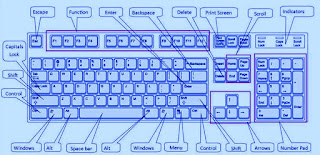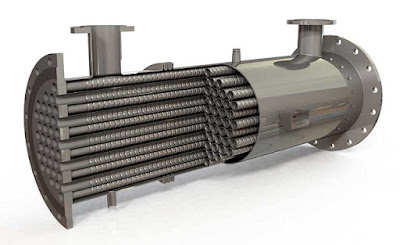Gloom Boom Doom author tells you Where is the Money
Faber said investors would make more money in EMs than in the US over the next few years.
Investors should lower their long-term return expectations from the equity market, says Marc Faber, renowned global investor and author of The Gloom, Boom & Doom report.
“If you are a prudent investor, then you are not going to make a lot of money in equities over the next three years,” he said in an interaction with ETNOW.

He advised investors to start accumulating gold from a long-term perspective amid global growth concerns and heightened trade tensions. Faber expects gold rises by about 20 per cent over the next 2-3 years. He said most of the commodities do not have a structural bull market.
“Gold is not an industrial commodity and it does not depend on demand from China. It depends on investor sentiment towards gold and central banks’ monetary policies. If they print money, then it is likely that the price of the yellow metal will go up in the long run, while in the short run, it does not have much of a correlation,” Fabre said, adding that the commodity has bottomed out.
“Timing is very important if you invest in commodities,” Faber said and added that he is also bullish on agricultural commodities including soybean, corn, wheat, and coffee.
Commenting on the investment opportunities available and the ongoing trade war between the US and China, Faber said investors would make more money in emerging economies than in the US over the next few years.
He said no one is a winner in the trade war and investors need to pay attention to worsening geopolitical tensions too. Financial markets have recently been signaling the possibility of a US recession, creating anxiety among investors, companies, and consumers.
“Trade war will hinder economic growth,” he said. Faber said the trade tension is favorable for China in the long run.
He also believes India and China would grow with a proviso of peace. On the other hand, he is hoping for peace in global economies.
He highlighted that war-like conditions have always ended very badly for financial markets because they lead to a lot of defaults.
“In this case, I presume some countries would say that they are not going to pay and then it spreads and so we need to hope that there will be peace,” he said.
In recent months, the US Fed and 19 other central banks have already cut policy rates. With the Fed cutting rates, Faber expects the US dollar to be weaker in the next two years.

















Comments
Post a Comment